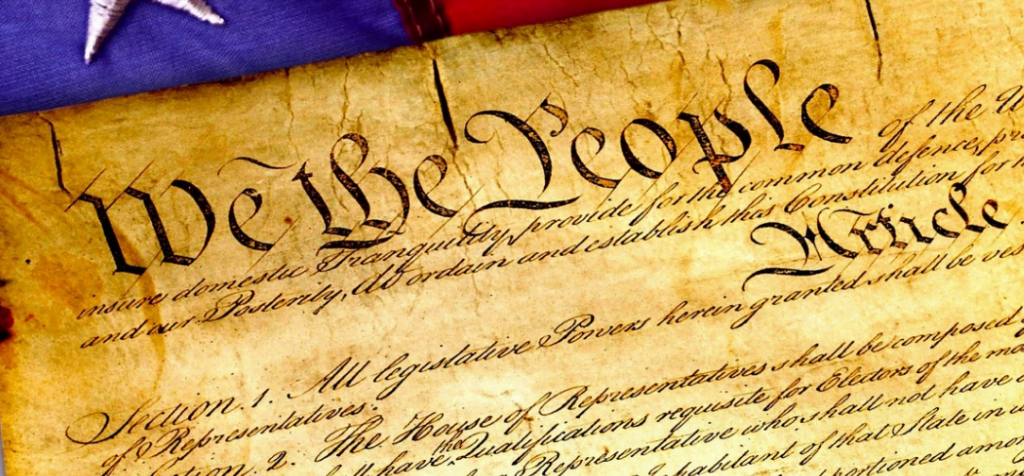This article is written by GARIMA NARULA, an LLM student at Lovely Professional University
Table of Contents
Introduction
The right to sovereignty is one of the principal attributes of statehood. This term was first used by the French political thinker ‘JEAN BODIN’ in his famous work ‘REPUBLIC’ in 1577 and he was known as the father of sovereignty. But the concept of sovereignty was earlier unknown to the ancient world. It was the outcome of the concept of state absolutism which was developed by Machiavelli during the Medieval period when there was a renaissance and reformation in Europe. After that, there are many jurists like Jean Bodin, Rousseau, Austin, and Robert Keohane who developed their theory on the concept of sovereignty.
Origin of Word Sovereignty
Sovereignty derives from the French word ‘sovereign’ which itself originates from the Latin word ‘suprifus’ which means authority without rivals.
“The absolute and perpetual power of commonwealth”: JEAN BODIN (1530-96)
The UK constitution recognizes “Parliament’s sovereignty”. Consequently, parliament is the supreme legal authority in the UK, able to enact and repeal any laws it chooses.
Meaning of Parliamentary Form Of Government
- A parliamentary government is a democratic administration in which the government is formed by the political party that obtains the most seats in the legislature or Parliament during the federal election. This majority party selects a leader to be Prime Minister or Chancellor.
- The term “Parliamentary government” refers to the fact that the Parliament has all the authority.
- In a Parliamentary system, the country usually has a Head of State who serves as a ceremonial figure, similar to the Queen, but does not engage in legislation or politics.
Functioning of the British Parliament
- Britain is a parliamentary monarchy. The British Parliament is bicameral, that is to say, it is made up of two chambers, or two “Houses”, but above the two houses, there is a Sovereign the king or the queen – also known as the “crown”.
Role of Sovereign In Britain
- The British monarch has all authority, but no power. The Sovereign appoints the Prime Minister, and every year opens the sessions of parliament, in a historical and ritual ceremony called the State Opening of Parliament.
- The second major function of the sovereign is to sign new laws passed by Parliament. A bill does not become law, or an Act of Parliament, until it has received royal assent, meaning that it has been signed by the Sovereign.
- The last major function of the sovereign – in the parliamentary context – is his or her weekly meeting with the Prime Minister. By tradition, the latter informs the Sovereign, who is the head of state, about important affairs of state and government business, and asks the sovereign for his or her opinion.
Sovereignty in India
- No doubt, in India there is also a parliamentary form of government but the main importance is given to the constitution and the people of India. In India, there is a right to vote so importance is given to the will of the people.
- The Preamble to the Indian Constitution states the position, wherein the people of India have resolved to constitute the Indian Republic into a sovereign country.
- The sovereignty in India lies in the people and India follows rule of law. In India constitution is a grundnorm and every law should be in the confirmation of the constitution of India. But the picture is different on the international platform.
- However, in practical terms, no country can exercise sovereignty by being isolated from other countries, it has to engage and collaborate with other nations under a defined set of international laws.
- According to the International Commission on Intervention and State Sovereignty, “national political authorities are responsible to the citizens internally and the international community through the UN”.
Therefore, it is appropriate to say that an authority’s right to sovereignty is not unfettered.
Further, Article 51 (c)of the Constitution directs the state to “foster respect for international”
Conclusion
In UK parliamentary sovereignty prevails. Parliament can make or unmake any law as AUSTIN said in his theory that the sovereign is a source of law. But in India sovereignty lies in the people. It is vested in people to represent the general will as the concept of the general will is advocated by ROUSSEAU.
References:
- N. V. Paranjape, Studies in jurisprudence and legal theory (Eighth edition ed. 2016).
- M. Laxmikanth, Indian polity for civil services examinations (Fifth edition ed. 2017).
- Dr. Ashok K. Jain, Jurisprudence-1.
- Dr J.N.Pandey, Constitution law of India (55th ed.).
- https://www.parliament.uk/about/how/role/system/#:~:text=The%20business%20of%20Parliament%20takes,)%2C%20and%20debating%20current%20issues.
- https://byjus.com/free-ias-prep/constitutional-system-in-uk/
- https://blog.ipleaders.in/analytical-school-of-jurisprudence/
